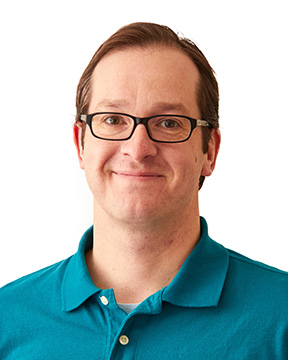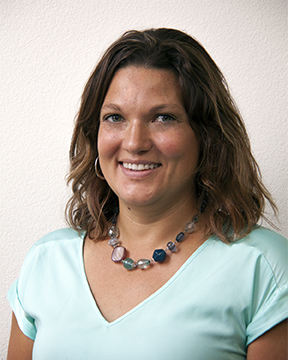Occupational Therapy
A page within Occupational Therapy
Earn a Master of Science in Occupational Therapy (MSOT) in 24 months
Program distinction
ENTRY LEVEL MASTER'S DEGREE
24 month in-person program beginning September 2025
PERFECT PASS RATE
100% pass rate on National Board Certification for Occupational Therapy (NBCOT) exam. NBCOT program data results.
SMALL CLASS SIZES
Low student-faculty ratios for personalized feedback & relationships
HANDS-ON LEARNING
Throughout curriculum in coursework, labs, fieldwork, and clinic experiences
HEALTH SCIENCE CONSORTIUM
Inter-professional collaboration & research with allied health programs from local universities

Graduate preparation and employment
NATIONALLY ACCREDITED PROGRAM
The Occupational Therapy Program is accredited by the Accreditation Council for Occupational Therapy Education (ACOTE) of the American Occupational Therapy Association (AOTA), located at 7501 Wisconsin Avenue, Suite 510E, Bethesda, MD 20814. ACOTE's telephone number, c/o AOTA, is (301) 652-AOTA, and its web address is www.acoteonline.org.
IMPRESSIVE EMPLOYMENT OUTLOOK
Employment of Occupational Therapists is expected to grow 12% from 2022-2032, much faster than national average (U.S. Bureau of Labor Statistics)
Occupational Therapy named 2025 #8 Best Healthcare Job by U.S. News & World Report

What is an occupational therapist?
Occupational Therapy (OT) practitioners implement a holistic perspective focused on adapting environments to fit the client.
Practitioners incorporate techniques to assist people across lifespan participate in everyday activities (occupations). Services provided by an OT include:
- Individualized evaluation
- Environment evaluation
- Goal determination
- Customized interventions for daily activity performance
- Recommendations & training in equipment use
- Caregiver guidance & education
- Outcomes evaluation

MSOT vs. OTD
MSOT vs OTD? - How do I decide which is best for me?
- Currently, it is approved to practice occupational therapy with either an entry-level Master's Degree (i.e. MSOT) or entry-level Doctorate (i.e. OTD).
- Both degrees typically earn the same pay in entry-level, clinical positions
- Both degrees create qualified applicants for competitive clinical positions
- A Master's degree is shorter in length and will save you time and money allowing you to start hands-on with your clients
- A Doctoral degree will support future careers in higher education and research
- If occupational therapy education should ever require an entry-level Doctorate, practicing therapists with Master's degrees will be grandfathered in and do not require additional degrees
- If you are ever interested in advancing your degree after receiving your Master’s degree, many flexible post-professional OTD programs are available that will support continuing your education while working.
Contact our program
PROGRAM INQUIRIES & APPLICATION QUESTIONS
- Application Review Specialist
- 4033 Health Science Center
- pamann@uwlax.edu
MEET OUR GRADUATE PROGRAM DIRECTOR
- Program Director - Occupational Therapy
- 4049 Health Science Center
- lschaffer@uwlax.edu
Specialty areas:
Physical Dysfunction
Neurological Conditions and Treatment
Acute care and inpatient rehabilitation
GoBabyGo!
Spinal Cord Injury Support Group Facilitator
LSVT-Big Certified (Parkinson's Treatment)
Strong interest in Interprofessional Education (IPE) and community based practice
Increasing access to OT for underserved populations















